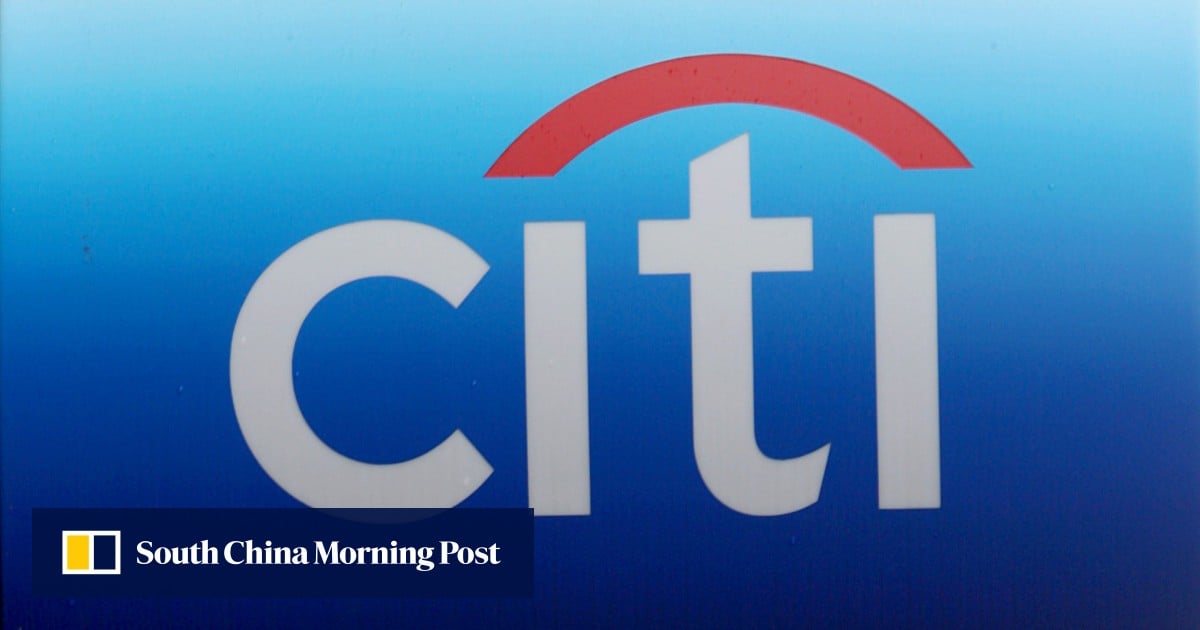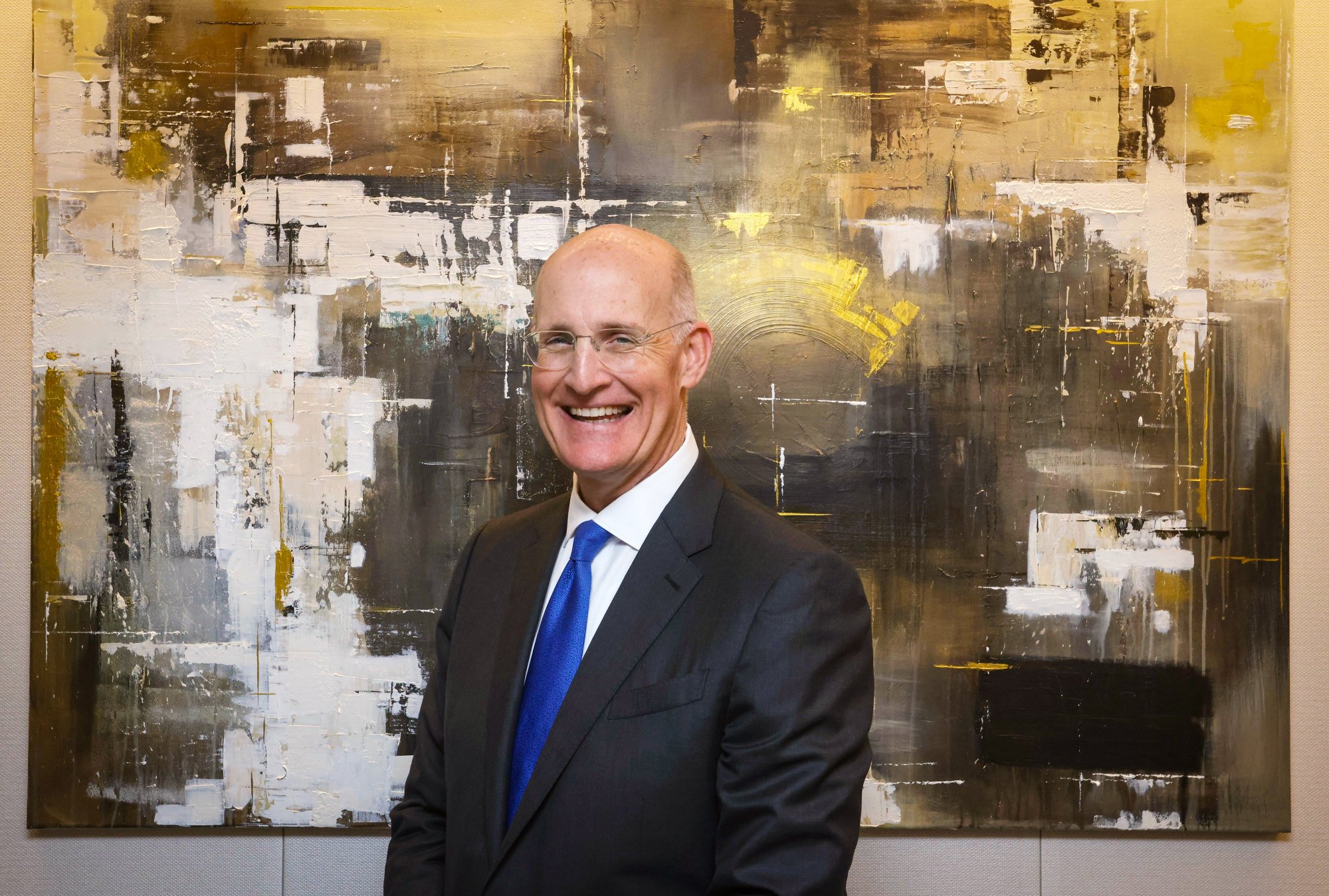
03 Mar Exclusive | Citigroup to leverage Hong Kong’s finance hub status to grow wealth business in Asia, Greater Bay Area
Citigroup will expand its wealth management business in the Greater Bay Area and rest of Asia from its base in Hong Kong, according to its global wealth head.
The US banking group remains committed to Hong Kong and China despite selling its mainland wealth business to HSBC in October, Andy Sieg said after visiting a number of Greater Bay Area cities last week.
“The onshore consumer business in mainland China was sold because, similar to other markets where we divested such businesses, it just did not have the necessary scale to compete,” Sieg said. “Having Hong Kong as our base to serve our clients in mainland China is our strategy.
“Our commitment to Hong Kong and to China could not be stronger. We are extremely focused on this region as a source of growth for Citi’s wealth management in the years ahead.”

Citigroup believes US$100 trillion of wealth creation will take place across the world over the next 10 years, with the highest rate of growth in Asia.
“That represents an enormous opportunity for wealth management, and Hong Kong is the epicentre of this global wealth creation,” Sieg said.
The banking group in 2021 set a target of capturing US$150 billion of new business in the region by 2025.
Hong Kong’s star shines as Greater Bay Area’s rich tap tax breaks, incentives
Hong Kong’s star shines as Greater Bay Area’s rich tap tax breaks, incentives
The veteran banker last September rejoined Citigroup. He started his career at Merrill Lynch in 1992, joined Citigroup from 2005 to 2009 followed by 14 years with Bank of America.
Sieg visited Hong Kong and a handful of Greater Bay Area cities including Shenzhen and Guangzhou to meet staff and high-net-worth clients.
Asked about the recent column by Stephen Roach, in which the former Morgan Stanley chief economist declared “Hong Kong is over”, Sieg said he strongly disagreed with the statement.
“I spent almost a week with our team and clients, and they are all incredibly optimistic about the future of Hong Kong as a market and incredibly energised about the business opportunity for Citi in Hong Kong.
“When we think about the future for our wealth business, Asia is at the very centre and we are very proud of the presence that we have in Hong Kong and Singapore to serve clients in the region.”
He said Hong Kong’s strength is its proximity to the Greater Bay Area, which Beijing created five years ago to integrate the city with Macau and nine mainland cities into an economic powerhouse.
Citigroup will also expand its credit card, retail banking, private banking and family office businesses in the coming years, Sieg said.
The Hong Kong government in March 2023 unveiled several measures to attract billionaires to set up family offices – to pursue investments, philanthropy and succession planning – in the city.
A refreshed investment-migration programme, tax breaks and art storage facilities are among the measures announced by Chief Executive John Lee Ka-chiu to attract 200 new family offices by 2025.
“Hong Kong offers a great base for family offices because it has a combination of deep history as a financial centre and proximity to what is taking place in mainland China,” Sieg said.
GBA at 5: HSBC, BEA among Hong Kong lenders eyeing Qianhai opportunities
GBA at 5: HSBC, BEA among Hong Kong lenders eyeing Qianhai opportunities
He said many international family offices want to use Hong Kong as a stepping stone to invest in mainland China, while wealthy clients from the Greater Bay Area want to diversify their investments through Hong Kong.
To capture the growing number of mainland clients, the US bank opened its first wealth centre globally in November 2022 in the tourist hotspot of Tsim Sha Tsui. The centre in K11 Atelier opened just before the city reopened its borders after the Covid-19 pandemic.
As a result, the bank reported a 61 per cent uptick in the number of new international personal banking customers compared with pre-Covid levels in 2019.
“We see Hong Kong and Singapore as key centres for the future of wealth in Asia,” Sieg said. “They will both be successful markets as the two cities act as a bridge between China and the broader markets of Southeast Asia and the world.”
